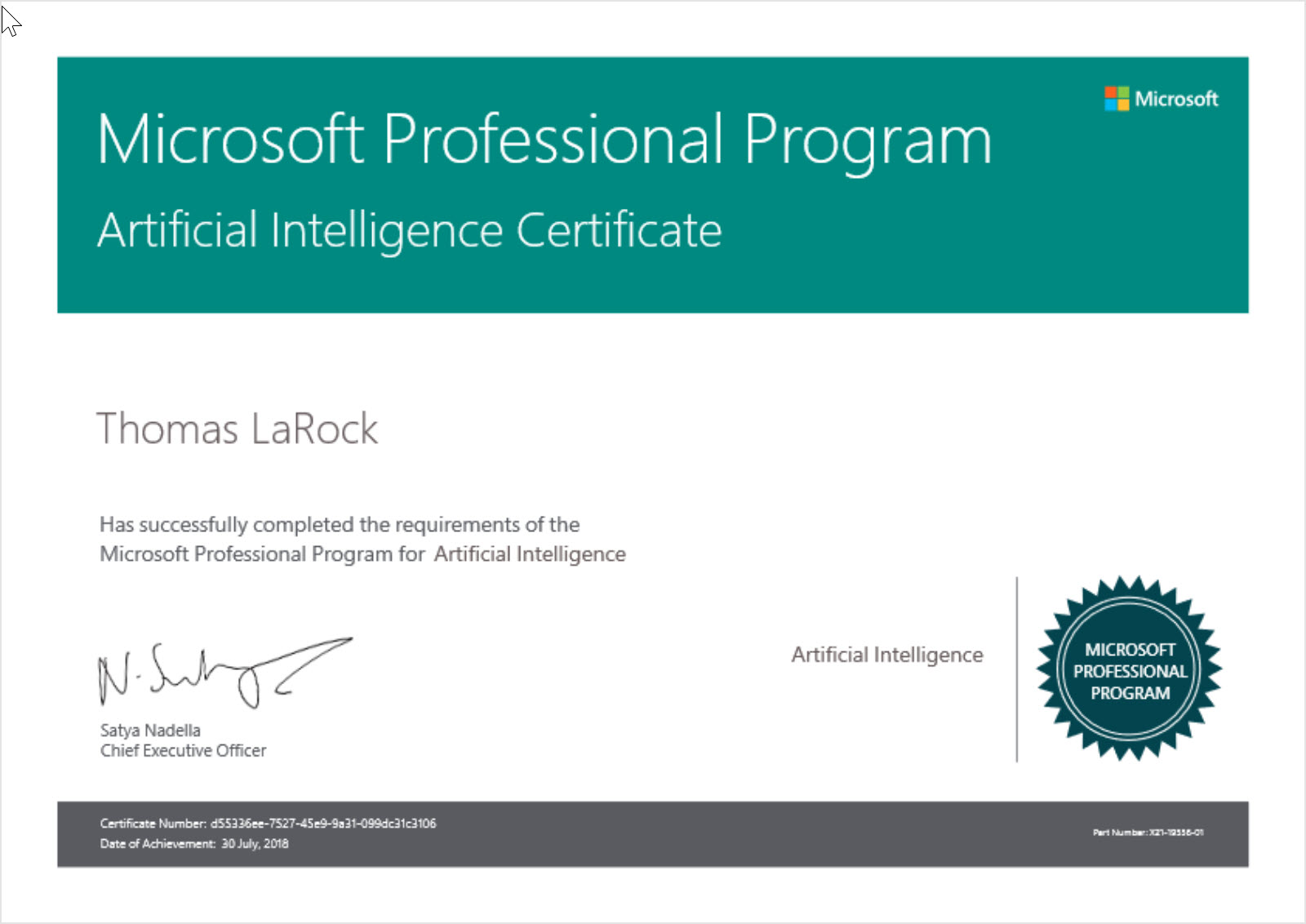
I’m excited to help you unlock the potential of AI! ✨
Example (Hypothetical):
List:
1. The Importance of Data in AI
2. Machine Learning Algorithms
3. Natural Language Processing (NLP)
4. Ethical Considerations in AI
Here’s a possible starting point for the article, based on the hypothetical list:
Unlocking AI Potential: A Guide to AI Certification
H2: The Importance of Data in AI: Fueling the AI Revolution
In the bustling heart of the AI revolution, data reigns supreme. Imagine AI as a powerful engine – data is the fuel that ignites it. Without high-quality, diverse data, even the most sophisticated algorithms will sputter and stall. This is why understanding the crucial role of data is paramount for anyone seeking to unlock the full potential of AI.
[Continue with a cheerful exploration of the following points, connecting them to AI certification]:
Data Collection and Preparation:
- The challenges of gathering accurate, unbiased data.
- The importance of data cleaning, transformation, and feature engineering.
- How AI certification programs emphasize these critical skills.
- Data Quality:
- The impact of data quality on AI model performance.
- Techniques for assessing and improving data quality.
- How certified AI professionals demonstrate their expertise in ensuring data reliability.
- Data Ethics:
- The ethical implications of data collection, storage, and usage.
- The importance of data privacy and security.
- How AI certifications address the ethical considerations surrounding data handling.
- The Future of Data in AI:
- Emerging trends like big data, data lakes, and data visualization.
- How AI certification can equip professionals to adapt to the evolving data landscape.
I will continue this article in a similar style once you provide the actual list.
Let’s dive in and explore the exciting world of AI together!
This is for the serious deep learning enthusiast! Offered by deeplearning.ai on Coursera, this specialization dives deep into the foundational concepts of deep learning. Led by industry giants like Andrew Ng, you’ll gain a strong understanding of neural networks, convolutional neural networks (CNNs), recurrent neural networks (RNNs), and more.
Why this certification matters:
Industry-Recognized Expertise: This specialization is highly regarded in the AI/ML field. Completing it demonstrates a strong foundation in deep learning principles, making you a valuable asset to potential employers.
- Hands-on Projects: The program emphasizes practical application with real-world projects. You’ll build and train neural networks, gain experience with popular deep learning frameworks like TensorFlow, and develop a portfolio showcasing your skills.
- In-Demand Skills: Deep learning is driving innovation across various sectors, from self-driving cars to medical diagnostics. By mastering these skills, you’ll open doors to exciting career opportunities in cutting-edge fields.
What you’ll learn:
Neural Networks and Deep Learning: Understand the core concepts of neural networks, including supervised, unsupervised, and reinforcement learning.
- Convolutional Neural Networks (CNNs): Learn how to build CNNs for image recognition, object detection, and image segmentation.
- Recurrent Neural Networks (RNNs): Explore the power of RNNs for sequential data, such as natural language processing and time series analysis.
- Sequence Models: Dive into advanced topics like natural language processing, machine translation, and text generation.
- Practical Applications: Apply your knowledge to real-world problems through hands-on projects and case studies.
Who is this for?
Software Engineers: Looking to transition into AI/ML or enhance their skills in deep learning.
- Data Scientists: Seeking to expand their expertise and gain a deeper understanding of deep learning algorithms.
- Students: Interested in pursuing a career in AI and looking to build a strong foundation in deep learning.
- Anyone passionate about AI: Curious about the inner workings of deep learning and eager to learn from industry leaders.
Tips for Success:
Consistent Study: Deep learning requires dedication. Set aside regular study time and stick to a consistent schedule.
- Hands-on Practice: The more you practice, the better you’ll understand the concepts. Experiment with different datasets and try building your own models.
- Engage with the Community: Connect with fellow learners on the Coursera forums, participate in online discussions, and attend meetups to learn from others and expand your network.
- Stay Updated: The field of AI is constantly evolving. Keep learning by reading research papers, attending conferences, and exploring new advancements in deep learning.
Beyond the Certification:
The Deep Learning Specialization is a stepping stone on your AI journey. Consider these next steps:
Specialization in a Specific Area: Deepen your knowledge in a particular area of deep learning, such as computer vision, natural language processing, or reinforcement learning.
- Personal Projects: Work on personal projects to apply your skills and build a strong portfolio.
- Contribute to Open Source: Contribute to open-source projects to gain practical experience and collaborate with other AI enthusiasts.
- Explore Advanced Topics: Delve into cutting-edge research areas like generative adversarial networks (GANs), graph neural networks (GNNs), and transfer learning.
Embrace the Challenge:
Deep learning can be challenging, but it’s also incredibly rewarding. This specialization provides a structured learning path with expert guidance and a supportive community. Embrace the challenge, dedicate yourself to learning, and unlock your potential in the exciting world of AI.
This specialization offers a comprehensive and rigorous introduction to deep learning. By completing the program, you’ll gain valuable skills, expand your knowledge, and open doors to exciting career opportunities in the rapidly growing field of artificial intelligence.
Note: This article is for informational purposes only and does not constitute financial or career advice.
This article provides a cheerful and engaging overview of the Deep Learning Specialization, highlighting its key features, benefits, and target audience. It encourages readers to embrace the challenges of deep learning and emphasizes the importance of consistent learning and hands-on practice.